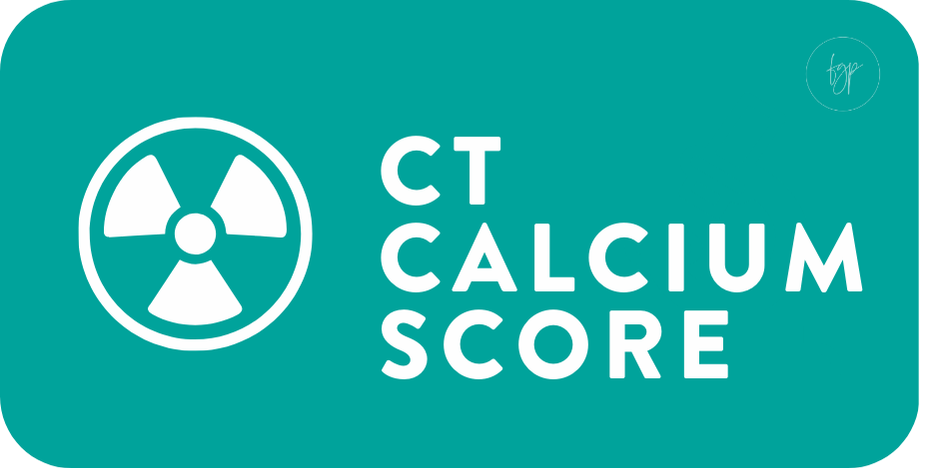What is going on?
Your Imaging Results

CT Calcium Score
Measures the amount of calcium in the coronary arteries, helping to assess the risk of heart disease. A higher score suggests more plaque buildup and an increased risk of cardiovascular events such as heart attacks.
What does the investigation involve?
To get a CT calcium score , you generally need a referral from a doctor, often a cardiologist, as this test is typically not available through the public health system in New Zealand unless you have high-risk medical conditions, such as a history of heart disease or significant risk factors like hypertension or diabetes.
What happens during the test:
- You will lie on a bed that moves into the CT scanner (a large, ring-shaped machine).
- Electrodes are placed on your chest to monitor your heart's rhythm during the scan, which helps ensure the images are clear and accurate.
- The scan is non-invasive and quick, typically taking about 10-15 minutes.
Preparation:
- You’ll likely be asked to avoid caffeine or smoking before the test, as these can affect your heart rate.
- There’s no need for fasting, and you can resume normal activities right after the procedure.T
- he test is painless and requires no injections, although you may be asked to hold your breath for a few seconds while the scan is being taken.
The results of the scan are usually available within a short time after the test.
Your result is raised
When Levels are High
A high calcium score indicates significant plaque buildup in the arteries, which suggests an increased risk of heart attacks or other cardiovascular events. It may mean that preventive treatments (such as cholesterol-lowering medications, blood pressure management, and lifestyle changes) are needed.
Your result is low
When Levels are Low
A low or zero score means minimal or no detectable plaque, which is reassuring. However, in women, a low score does not always mean a low risk of heart disease because they are more prone to microvascular disease, which affects the small blood vessels and may not be detected by this test.
WE’RE HERE TO HELP YOU
Understanding trends in the results
A rising calcium score over time suggests worsening artery plaque buildup and increasing cardiovascular risk. However, a stable or slowly increasing score may indicate that the condition is being managed effectively. Women should be aware that even with a low calcium score, symptoms like chest pain, breathlessness, or fatigue should not be ignored, as traditional scoring may not fully capture their risk.
A deeper dive
For those looking to delve deeper and gain a greater understanding of their results and their practical applications.
What is a CT Calcium Score Test?
A CT Calcium Score Test is a specialized heart scan that measures the amount of calcium in the coronary arteries, which supply blood to the heart. This calcium is a marker of plaque buildup (atherosclerosis), a key indicator of heart disease risk.
How Does the Test Work?
- A CT scanner takes detailed images of the heart using X-rays.
- The scan detects and measures calcium deposits in the artery walls.
- The result is given as a calcium score—the higher the score, the greater the amount of plaque and the higher the risk of heart disease.
Limitations & Considerations
A zero score is reassuring but does not completely rule out heart disease, especially in women, who are more prone to microvascular disease (affecting small blood vessels, which this test does not detect). The test is best for assessing long-term risk but does not diagnose current blockages or predict immediate heart attacks. Your score helps guide preventive strategies, such as lifestyle changes or medication, to lower heart disease risk.

